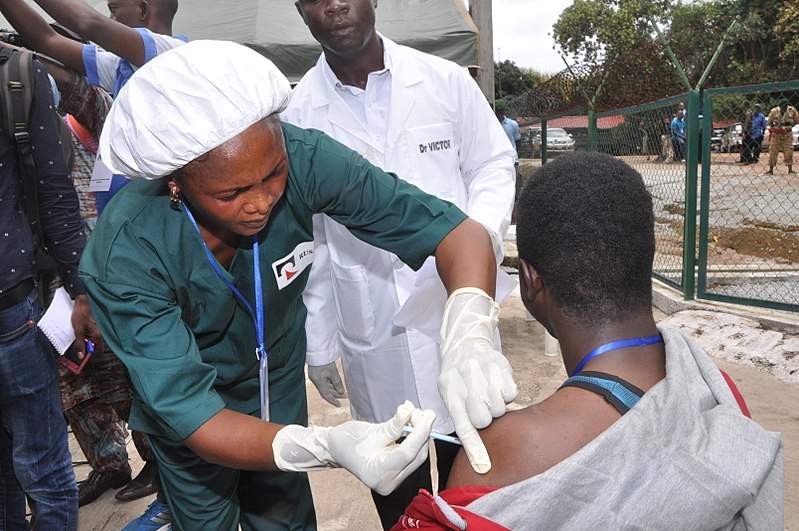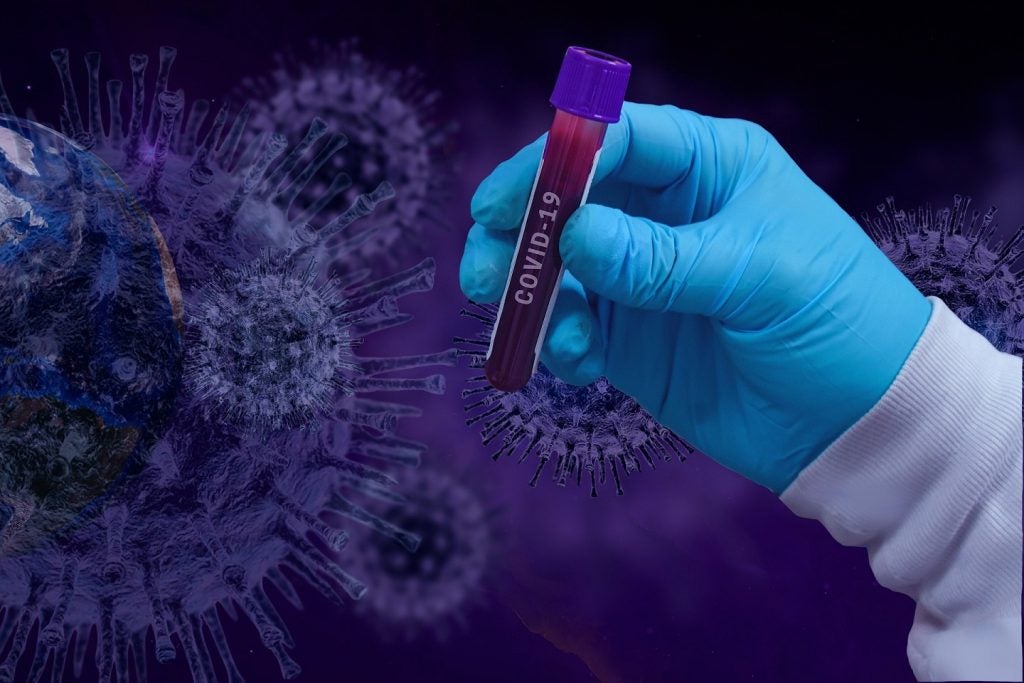
In May 2018, Ebola resurfaced in the Democratic Republic of Congo, killing 33 people.
Ebola presents a unique healthcare challenge because there is no single effective treatment.
Efforts to control the disease have included the deployment of experimental therapeutics, such as rVSV-ZEBOV, which is a reproductively capable vaccine made of recombinant vesicular stomatitis virus DNA.
Currently, several drugs are used to treat patients with variable rates of success.
The disease is mainly managed with monoclonal antibodies and antiviral agents.
Work in progress
Favipiravir is an antiviral drug that is highly effective against many viruses, including the causative agents of diseases like yellow fever, foot-and-mouth disease and various types of influenza.
How well do you really know your competitors?
Access the most comprehensive Company Profiles on the market, powered by GlobalData. Save hours of research. Gain competitive edge.

Thank you!
Your download email will arrive shortly
Not ready to buy yet? Download a free sample
We are confident about the unique quality of our Company Profiles. However, we want you to make the most beneficial decision for your business, so we offer a free sample that you can download by submitting the below form
By GlobalDataFavipiravir’s mechanism of action is suspected to be the inhibition of RNA-dependent RNA polymerase enzyme, a regulator of RNA transcription, which is a process vital to the life-cycle of several viral families.
In terms of its potential for use against Ebola, drug trials have been conducted with mice and in humans.
Ebola victims in Guinea were injected with Favipiravir and those with mild to moderate viremia benefitted from a reduced mortality rate and a better chance of survival.
Similar effects have been demonstrated in mice and non-human primates.
Despite some progress, there is a long way to go before Favipiravir is made available and is commonly used to treat people with Ebola.
For more insight and data, visit the GBI Research report store.





